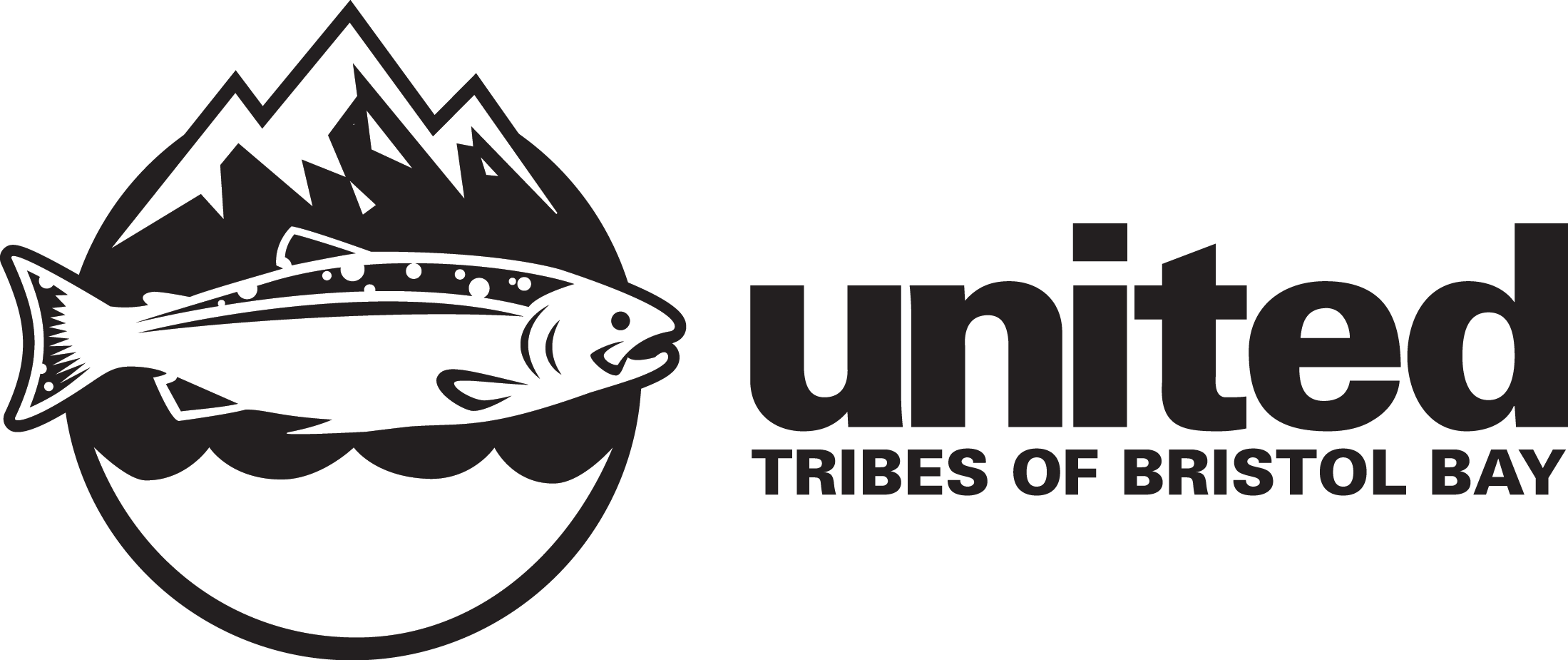Key Information for the Public: Nuyakuk Hydro Project Updated Study Report
The Nushagak Cooperative released an Updated Study Report that describes their two years of studies about the potential impacts of the Nuyakuk Hydroelectric proposal. This is a required step in the ongoing federal licensing process for the proposed project.
The report is more than 1,300 pages and extremely technical, making it hard for members of the public to digest and provide meaningful comments. UTBB has worked with technical experts to review the report. Our aim is to ensure our resources and communities are adequately considered when deciding if the project should move forward.
You may download the full Updated Study Report here.
Top concerns with the Updated Study Report:
Lacking Traditional Knowledge
Insufficient Traditional Knowledge was included in their analyses. Relying solely on western science is not a holistic approach and creates a skewed view that ignores the knowledge of Native peoples who have lived in the region for countless generations.
The cultural research is overly focused on archaeology and largely ignores Traditional Cultural Places that requires Tribes’ knowledge to identify, document, and evaluate.
Delayed Subsistence Study Report
The lack of meaningful subsistence research for this project is a substantial data gap.
Cooperative's failure to initiate the subsistence study in the first study season limited the subsistence study to a single study season. This delay meant the subsistence study report wasn’t ready for the Updated Study Report comment period, leaving insufficient time for proper review and feedback.
Insufficient Public Engagement
There have been significant barriers to Tribal and public engagement in the licensing process so far. For the communities closest to the proposed project area, there have been limited opportunities for meaningful in-person engagement.
Inadequate assessment of risks to salmon
Existing data is insufficient to create a robust risk assessment for salmon.
The life-cycle model shows a potential impact to Sockeye salmon if precautions are not taken to ensure sufficient flows through the falls. How the Cooperative will address these impacts is unclear from the Updated Study Report, but would enable improved understanding of the risks of the project.
the Chinook life-cycle model has not been developed and it is not clear where data to inform this model will come from. Chinook populations are already struggling so this aspect requires careful study and risk assessment.
Updated Study Report Meeting Recording:
Nushagak Cooperative presented updates on the proposed Nuyakuk Hydro project and results of their 2023-’24 study seasons. The recorded presentations can be reviewed by clicking the links at the bottom of this webpage: https://www.nuyakukhydro.com/
Please Submit a Comment
We also have template letter based on the concerns outlined above, which you may sign or edit and personalize as you see fit. The letters will be sent to the Nushagak Cooperative and licensing agency (the Federal Energy Regulatory Commission). Comments are due by March 21.
If you have any questions, please contact admin@utbb.org or 907-842-1687
